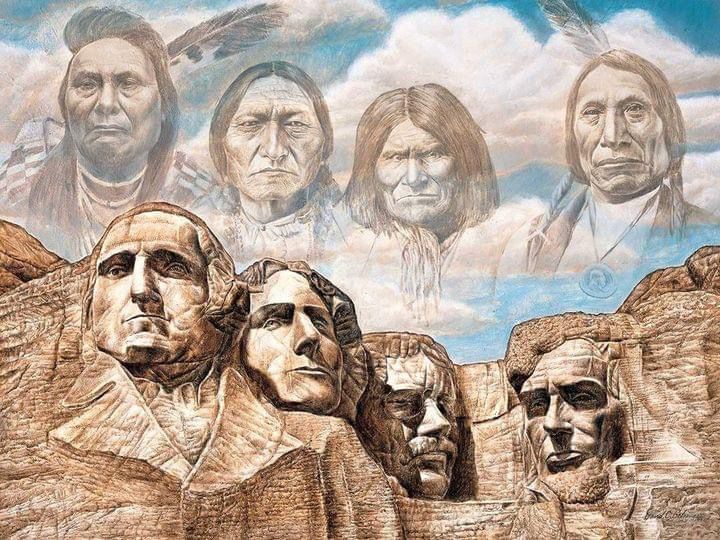
The pre-Columbian inhabitants of North and South America, as well as their descendants, are known as Native Americans or the indigenous peoples of the Americas. Numerous unique tribes, bands, and ethnic groupings make up the population that resides inside the borders of the modern United States; many of these tribes and bands continue to exist as whole, independent nations.
The majority of experts concur that the earliest signs of human habitation in North America date back more than 13,000 years, and that these individuals most likely traveled across the Bering Land Bridge, which was built during the Ice Age, to get here. On the other hand, other historians contend that human migration to the Americas began as early as 40,000 years ago. These prehistoric Paleo-Indians dispersed across the Americas, giving rise to numerous, culturally varied nations and tribes.
The name “Indian” was first used by Christopher Columbus, who believed he had found Asia when he arrived in the East Indies. Nonetheless, there is ample proof for the prosperous excursions that resulted in the Norse colonization of Greenland, the founding of L’Anse aux Meadows in Newfoundland, and maybe other places around 500 years before Columbus set foot in the Bahamas. Regarding the Native American side, oral histories from numerous tribes suggest that they had lived here since creation, which is supported by a variety of creation myths.
Scholars believe that the population of the Americas was already above 50 million when European explorers arrived in the 15th century. Approximately 10 million of them resided in the area that would eventually become the United States. These immigrants and their offspring moved eastward and southward over time, adjusting as they went. Centuries of struggle and adaptation between Old and New World societies followed these new arrivals. Approximately 1.5% of Americans are Native Americans today, and many of them still take great pride in their ancestors’ customs, performing the music, painting, and ceremonial arts that were carried out long ago.
Leave a Reply